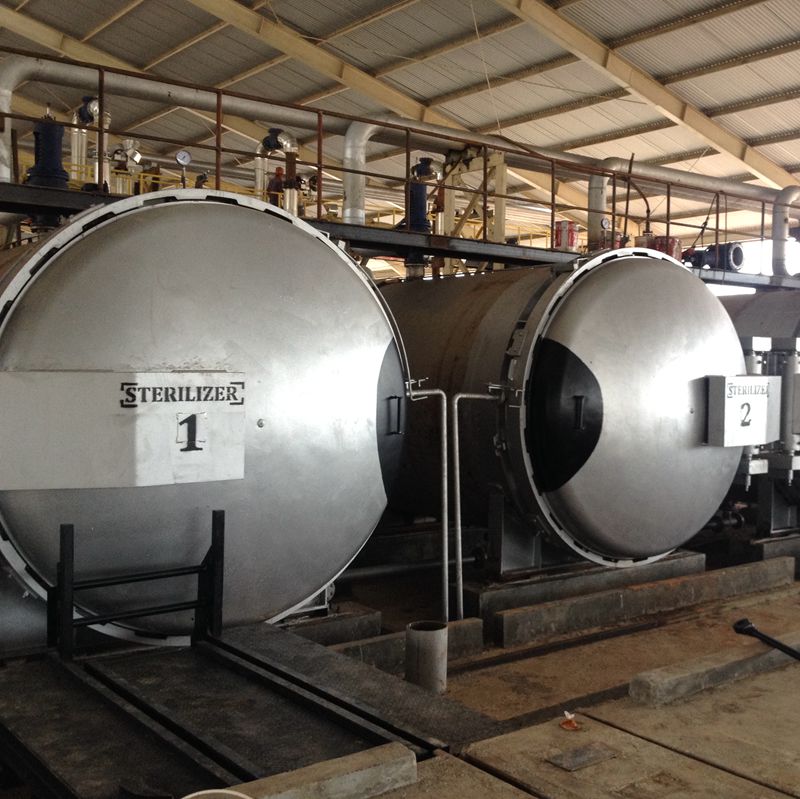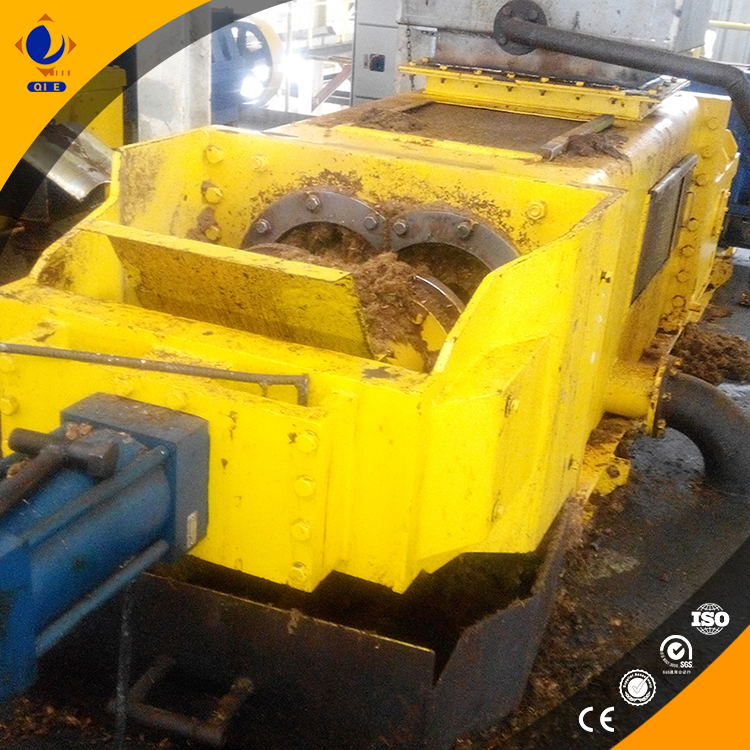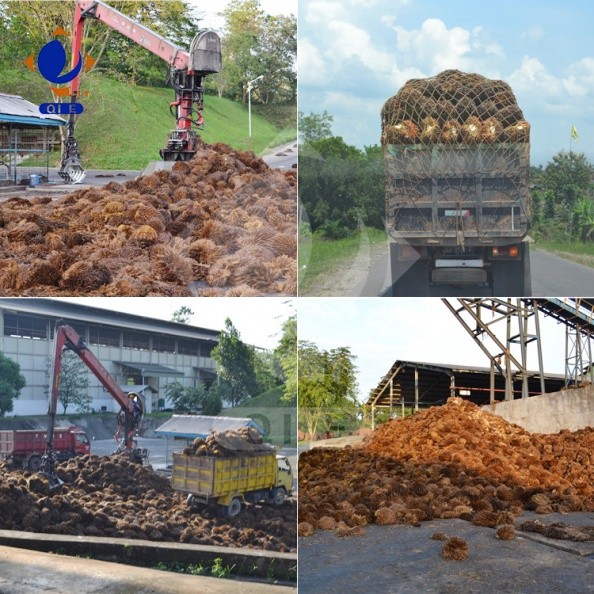
Efficient operation and maintenance of palm oil processing equipment are pivotal for maximizing production yield, ensuring product quality, and minimizing operational costs. In the context of the Nigerian market, where raw material variability and environmental conditions pose unique challenges, adopting a scientific approach to diagnosing equipment faults and implementing robust maintenance strategies is vital. Combining advanced automation and energy-saving technologies, such as those embedded in Penguin Group’s high-performance palm oil processing machinery, operators can achieve enhanced production stability and longer equipment longevity.
The palm oil processing workflow encompasses multiple critical stages: fresh fruit bunch (FFB) sterilization, fruit digestion, oil extraction, clarification, and refining. Each phase involves specialized equipment that must perform reliably under continuous heavy-duty operation. Common issues typically stem from mechanical wear, temperature fluctuations, or control system anomalies.
| Processing Stage | Common Issues | Suggested Diagnostic Method |
|---|---|---|
| Sterilization | Inconsistent steam pressure, corrosion of autoclave | Steam pressure sensors and thermal imaging to detect leakages |
| Digestion | Wear in agitator paddles, temperature control errors | Visual inspection combined with infrared thermometers to monitor heat distribution |
| Extraction | Screw press blockage, oil leakage due to seal failure | Vibration analysis and real-time monitoring of seal pressures |
| Clarification & Refining | Foaming, temperature inconsistencies, filter clogging | Routine sampling and particle count analysis to detect impurities |
The integration of multi-functional automation significantly optimizes process control and reduces human error. Penguin Group’s equipment features PLC-based automation systems that regulate temperature, pressure, and mechanical timing with real-time data analytics. This not only improves throughput by up to 15% but also maintains stable processing conditions that reduce mechanical stress and energy consumption by approximately 12%.
The design prioritizes energy efficiency through:
Adopting these features aligns perfectly with Nigerian processing plants aiming to lower operational costs amidst fluctuating energy prices.

Preventive maintenance schedules and standardized troubleshooting protocols are critical to minimizing unplanned downtime. Recommended maintenance includes:
Faults commonly detected through vibration and thermal monitoring should trigger immediate interventions to prevent cascading failures. For instance, abnormal bearing temperatures above 80°C often precede mechanical breakdowns.
| Symptom | Possible Cause | Recommended Action |
|---|---|---|
| Oil extraction press vibration increase | Imbalanced screw shaft or worn bearings | Replace bearings, recalibrate shaft alignment |
| Temperature fluctuations in sterilizer | Steam supply irregularities or sensor malfunction | Test steam valves, replace faulty sensors promptly |
| Declining oil yield | Suboptimal digestion temperature or mechanical wear | Optimize control settings, conduct component overhaul |

Continuous performance monitoring is indispensable for early fault detection and energy management. Implementing IoT-enabled sensors to track vibration, temperature, and energy consumption provides actionable insights that can extend the average equipment lifespan by 20-35%. Typical key performance indicators include:

Investing in Penguin Group’s state-of-the-art palm oil processing systems not only delivers technical superiority through high-precision automation and energy-saving engineering but also ensures reliable after-sales service. This combination empowers Nigerian processors to minimize downtime, optimize energy usage, and maintain consistent high-quality output, ultimately strengthening their competitive edge in the global palm oil market.
Discover How Penguin Group’s Advanced Palm Oil Solutions Can Boost Your Production Efficiency

